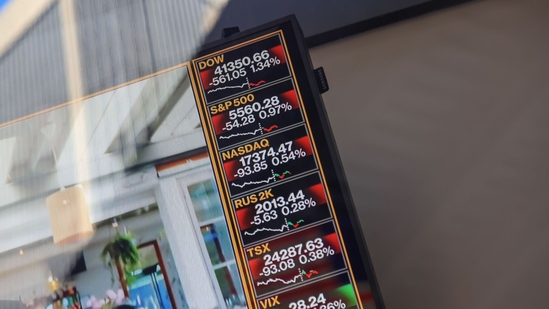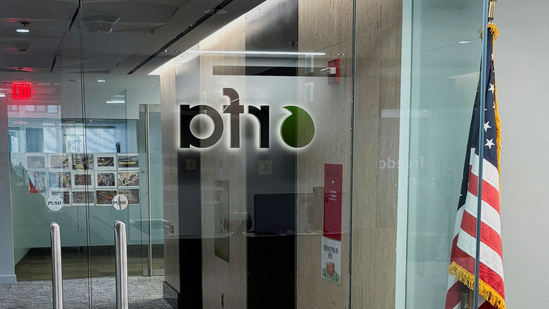Global companies are worried about a potential recession in the US and around the world after President Donald Trump announced new tariffs (taxes on imports). These tariffs started a few days ago, and more will go into effect on April 9. China quickly responded with their own tariffs, leading to fears of a trade war that might slow down the global economy.
JP Morgan, a big bank, recently raised the chances of a US recession to 60%, up from 40% last month. Other banks like S&P Global and Goldman Sachs also increased their predictions for a recession, noting that the economy isn’t doing well lately. Even HSBC mentioned that signs of a recession are growing, estimating a 40% chance of one by the end of the year.
The new tariffs affect many imports, but not those from Mexico and Canada. The White House claims it’s necessary to fix trade imbalances where foreign countries impose high taxes. After April 9, around 60 countries, including the EU, Japan, and China, will face even higher tariffs on US goods. In response, China plans to impose 34% tariffs on US products starting April 10 and will file a complaint with the World Trade Organization (WTO).
So what is a recession? In the US, the National Bureau of Economic Research (NBER) looks at many factors beyond just GDP (the total value of all goods and services) to define a recession. They say a recession happens when there’s a significant and widespread drop in economic activity lasting more than a few months.
Recessions can be caused by several things, like a sudden spike in key production costs (like oil) that makes everything more expensive. They can also happen when government policies to reduce inflation are too harsh, leading to less spending. Financial instability, like what happened during the 2007 financial crisis, is another major cause. If people and businesses take on too much debt, they might cut back on spending, which further slows the economy.
Overall, major slowdowns in big countries like the US, Germany, or Japan can lead to problems for their trading partners.





Leave a Reply